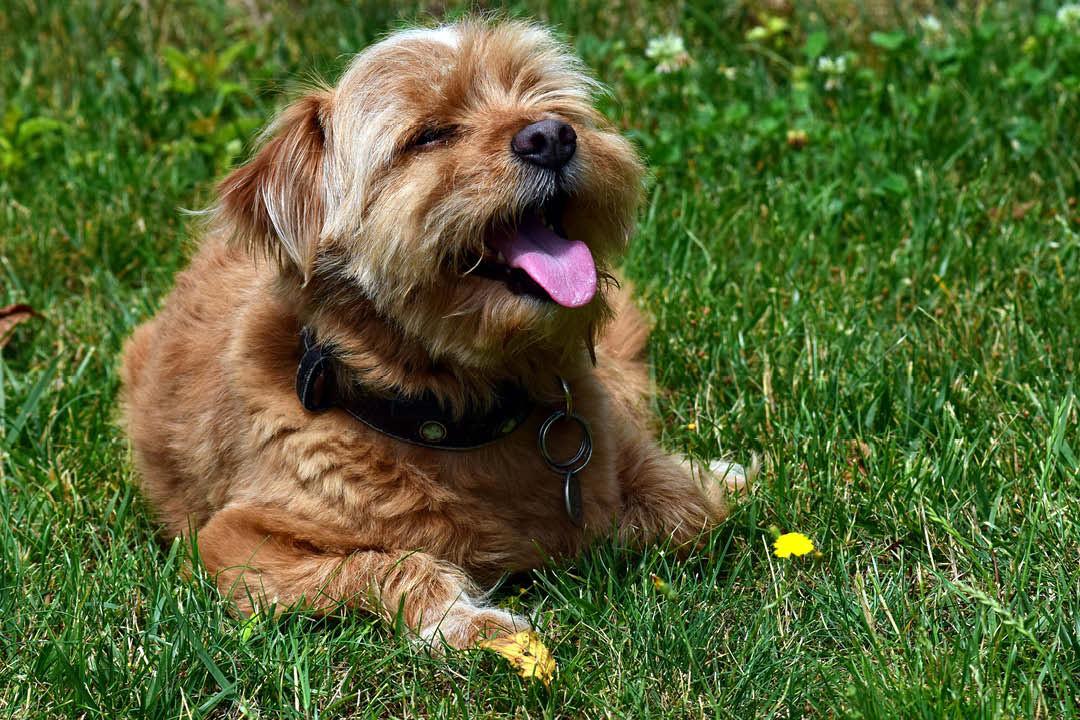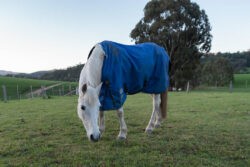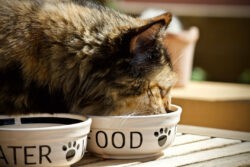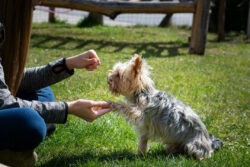Summer healthcare for cats & dogs
Keep your pet happy and itch-free this summer by following these tips…
PESKY PARASITES
Flea and tick prevention is important all year round, but during the summer these parasites undergo something of a population explosion. There are many products which help prevent tick or flea infestation, from spot-on prescription treatments to collars.
It is vital that you keep up-to-date with your pet’s treatments as prevention is better than cure! Ask your vet to recommend the best product for your individual pet. But don’t forget, using a product around your home is vitally important too. Some brands have a long-lasting effect, so you don’t need to use them too often. Always read the label and follow the instructions carefully. If you have several pets, treat each one of them – but NEVER use a product designed for a dog on a cat.
Ticks lurk in long grass and may be picked up by both dogs and cats (as well as humans!). They attach themselves firmly to your pet’s skin and look like black beads. It’s important to ensure that the insect is fully removed, so take your pet along to the veterinary surgery where a vet nurse can do this for you.
Dog owners must be vigilant against lungworm, which is also most active throughout the summer months. It is a parasite carried by slugs and snails and can be dangerous if an infestation occurs. Again, stick to a veterinary lungworm prevention programme and keep your dog away from slugs and snails.
GRASS SEEDS
Barbed seeds from the top of certain types of grasses can easily get caught in long ears, on coats and between toes. Their sharp tips can easily penetrate soft skin and work their way in, resulting in a painful fissure. Check your dog after a walk and pull out any grass seeds from the coat before they can work their way under the skin.
HOT DOGS
Heatstroke is a real risk for dogs. Unlike humans, dogs do not sweat (apart from a tiny amount from their paw pads) and rely on panting as part of their colling process.
Watch out for:
- Difficulty breathing/heavy panting
- Bright red gums and tongue
- Vomiting and/or thick viscous saliva
- Heatstroke is an emergency. Take the dog to a vet immediately.
To avoid heatstroke:
- Never leave a dog in a stationary car in hot weather.
- Avoid exercise during the hottest part of the day. This is especially important for flat-faced breeds such as Bulldogs or Pugs because their cooling mechanisms do not work as effectively as long-nosed breeds so they are more likely to suffer from heatstroke.
- Always provide shade and fresh cool water.
- Take a bottle of water and a portable drinking bowl with you on walks.
TOP TIP: Give your dog a refreshing treat on a hot day – an ice cube. You could even put it in a treat toy.







